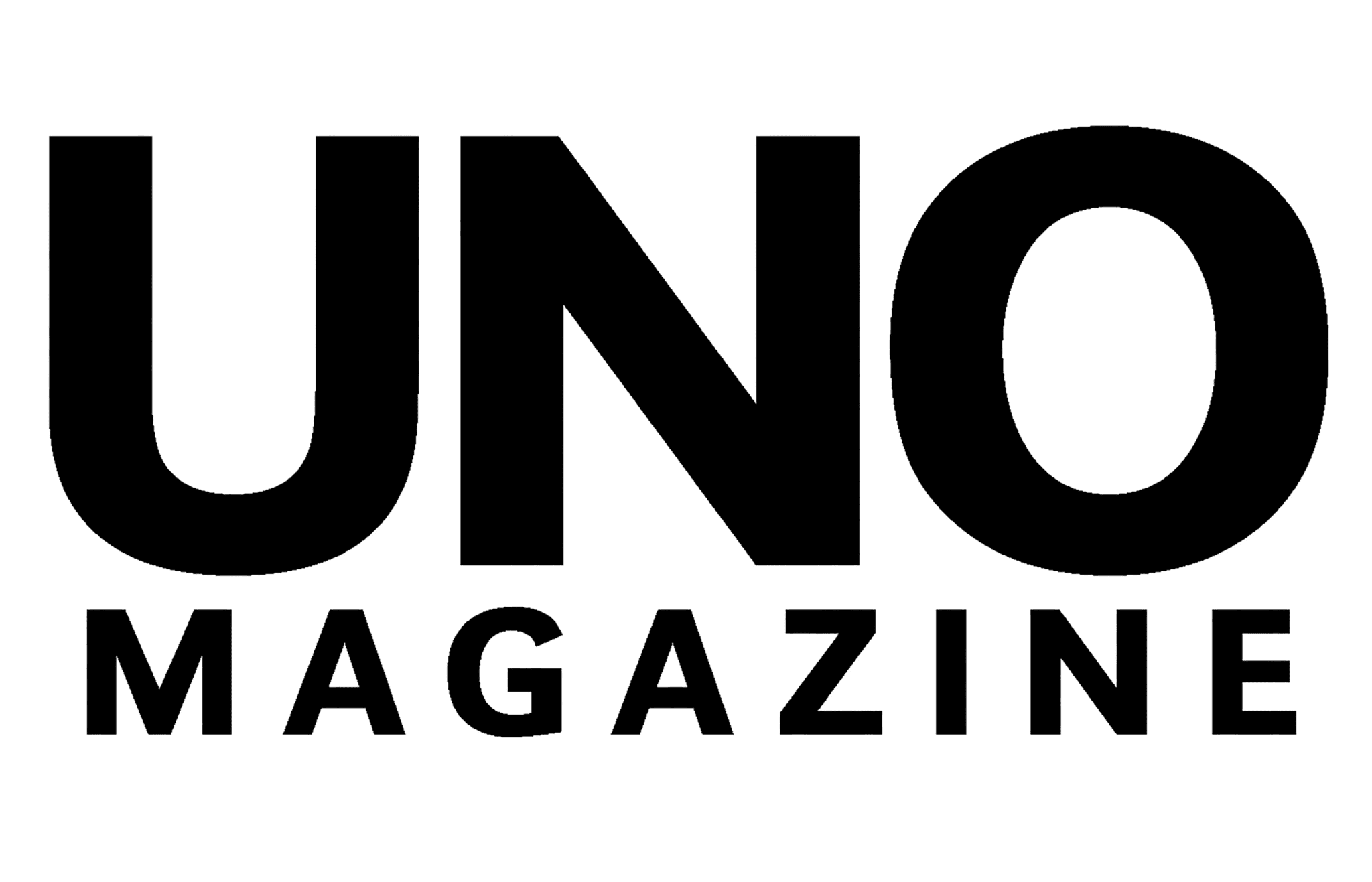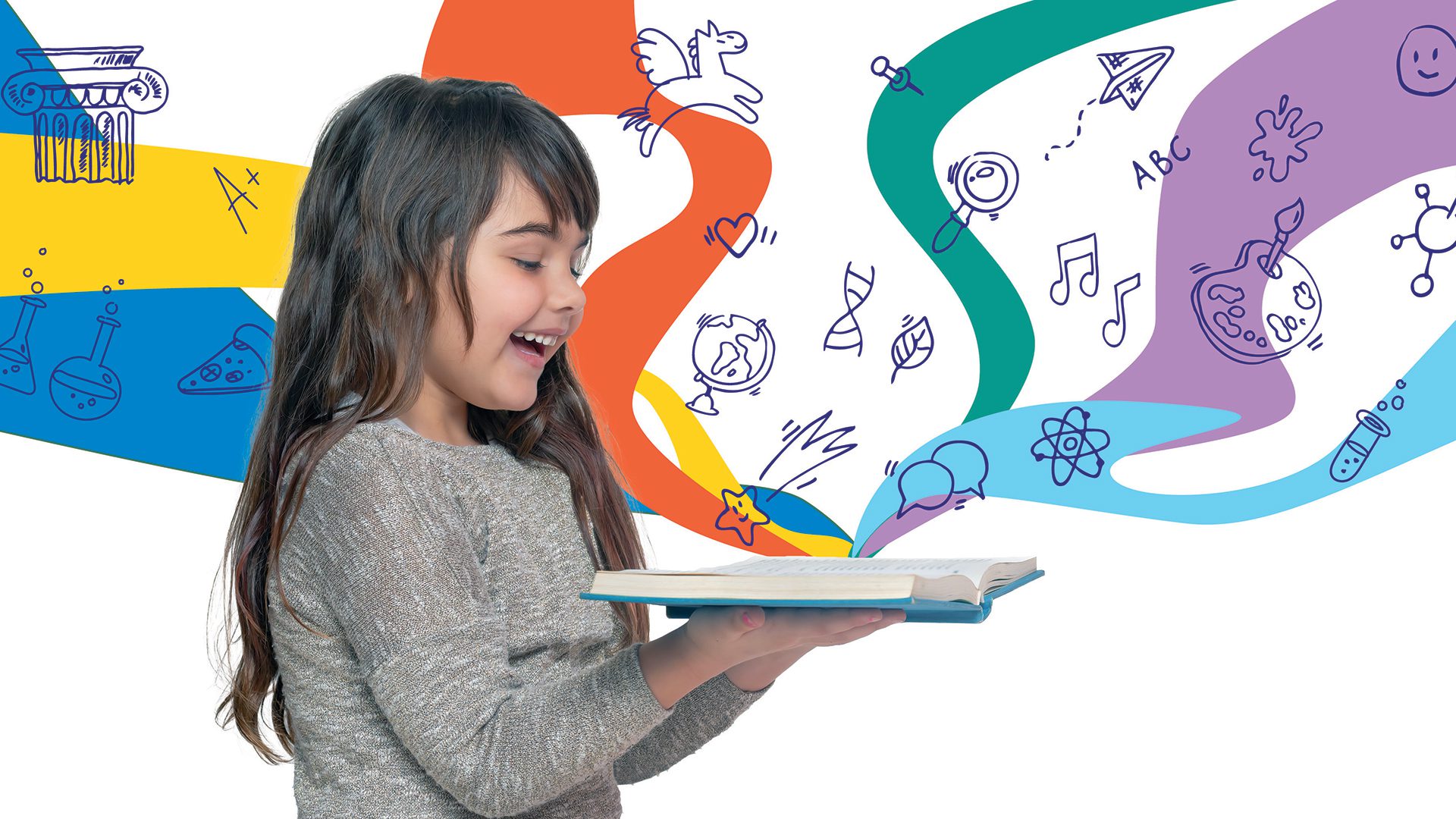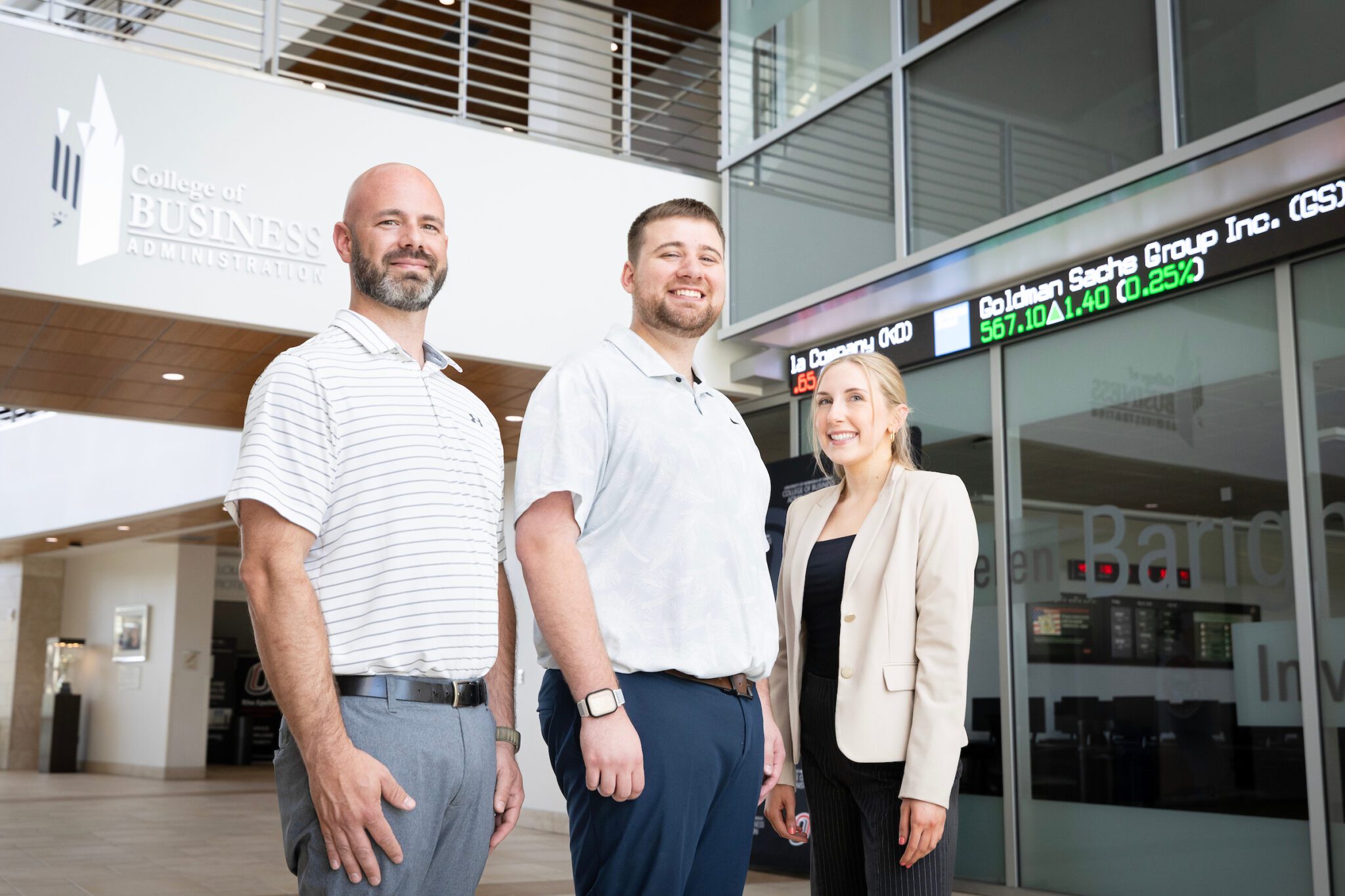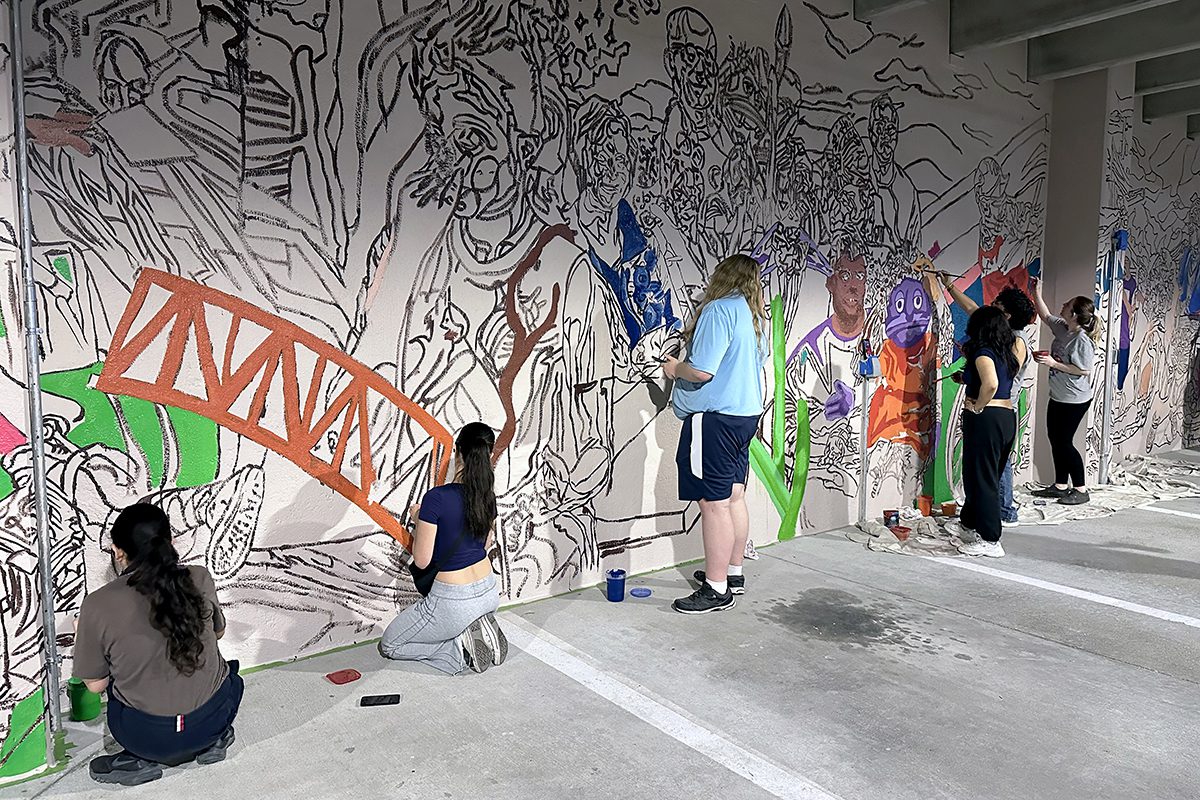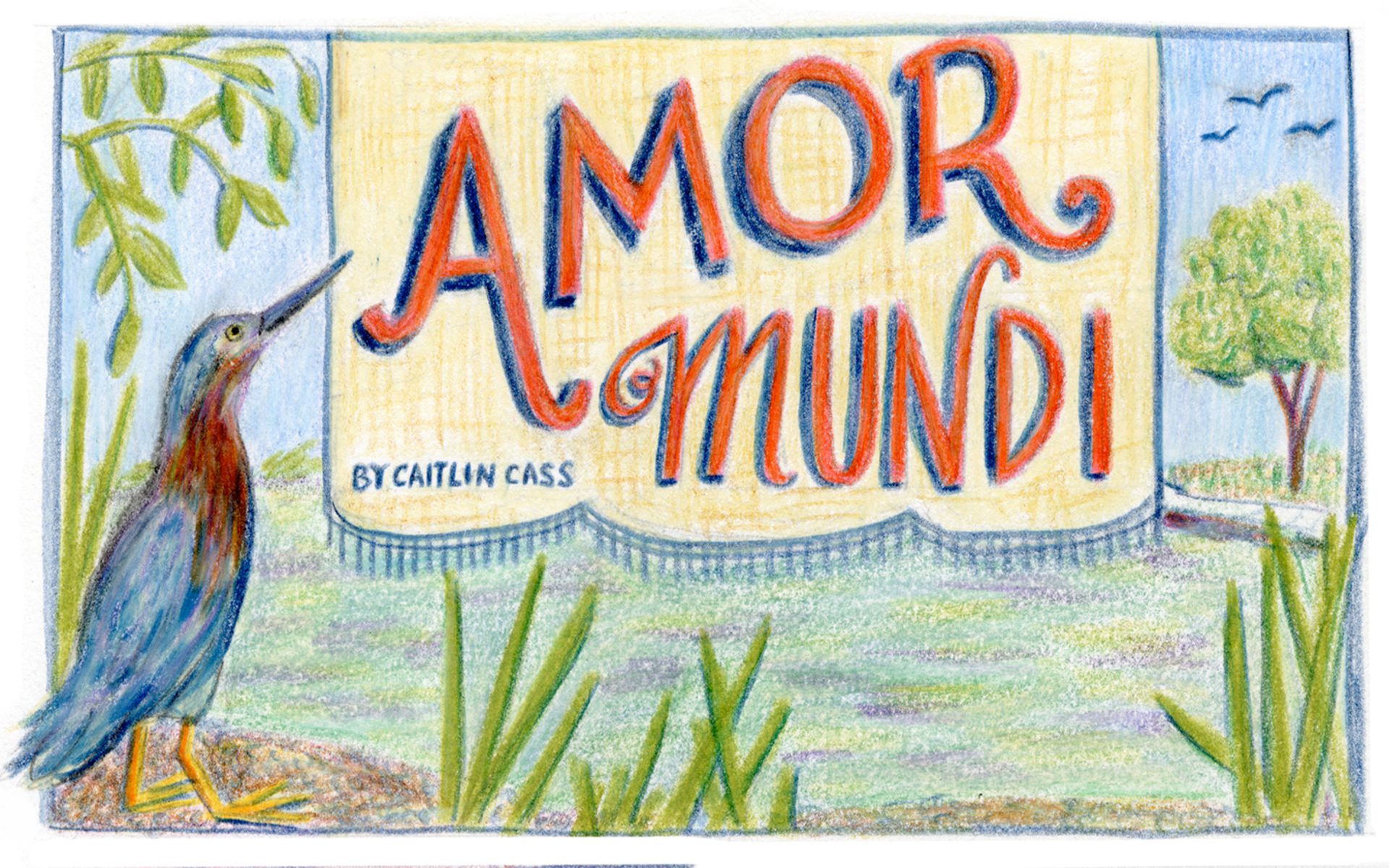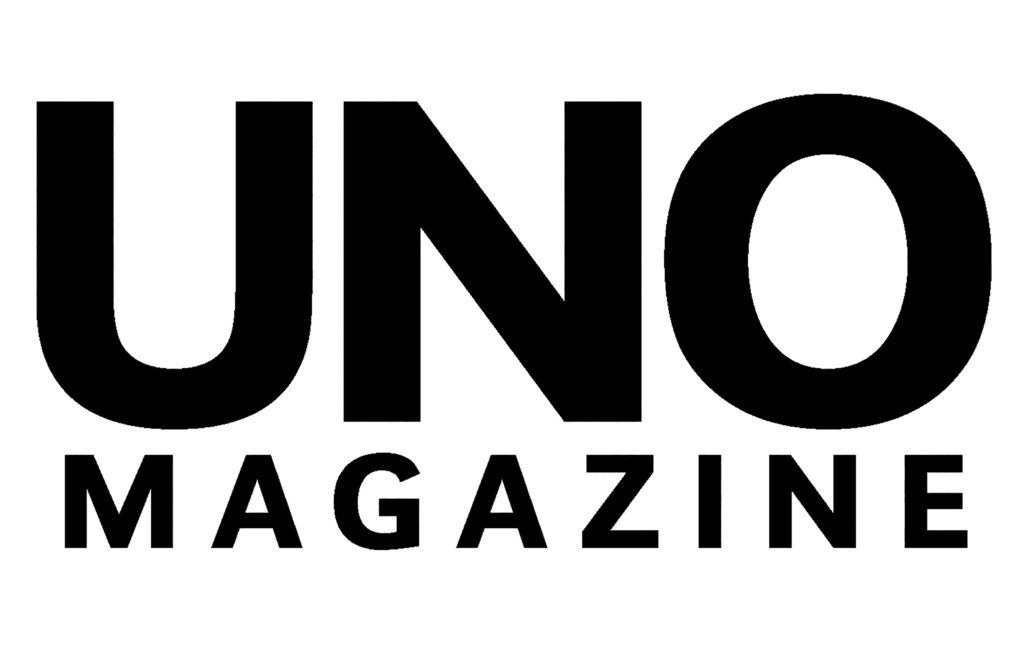The Early Literacy Workshop, presented by the University of Nebraska at Omaha College of Education, Health, and Human Sciences, is helping teachers across Nebraska enhance their knowledge in the science of reading.
by SUSAN HOUSTON KLAUS
There’s nothing quite like the joy of reading. And while it may seem like a long road from “The Very Hungry Caterpillar” to “Macbeth” or “Crime and Punishment,” being a proficient reader early makes a big difference in a student’s life.
To ensure all young readers in the state stay on track with literacy, the Nebraska Legislature enacted the Nebraska Reading Improvement Act (NRIA) in 2018. It mandates that K-3 teachers deliver targeted foundational skills instruction for at-risk readers and requires K-3 educators to have continual professional development in early literacy.
Learning to read isn’t an easy path for many students. A 2023-24 Nebraska Student-Centered Assessment System evaluation of those in grades 3-8 showed that only 59% were proficient in English language arts.
Guided by those findings and in support of the NRIA, the Nebraska Department of Education (NDE) created the NebraskaREADS initiative. Its goal: to increase proficiency in third-grade readers from 59% to 75% by 2030.
As a partner with the NDE, the University of Nebraska at Omaha College of Education, Health, and Human Sciences created the Early Literacy Workshop to help Nebraska teachers build knowledge and instructional practices focused on early literacy foundational skills in the science of reading.
“Literacy is really something where it’s everybody’s business,” said Neal Grandgenett, Lois G. Roskens Dean. “Particularly with children, it takes a village to help children to learn to read, and in our college, we have a lot of experts helping teachers to understand how to help children to read, because it is such an integral part of so many things that they’ll do in the future as adults.”
Led by Jennifer Lemke, Ed.D., assistant professor of literacy, the pilot program began last fall with support from the Lozier Foundation. Lemke is also slated to become the inaugural recipient of the Lozier Distinguished Chair of Literacy, pending approval by the University of Nebraska. The Lozier Foundation established this chair to support UNO’s literacy education programs.
Seven school districts across the state participated in the workshop pilot: Omaha Public Schools, Alliance Public Schools, Crete Public Schools, Lincoln Public Schools, Blair Public Schools, Scottsbluff Public Schools and Ralston Public Schools.
To reach as many teachers as possible, the workshop is developing a network of literacy leaders.
Lemke, a statewide expert in literacy, co-led each cohort with a facilitator from each school district. Each district had a customized plan created by a team member at UNO, which consider the district’s own curriculum and their existing materials.
The training consisted of five in-person sessions and asynchronous learning modules, designed to build knowledge and instructional practices focused on early literacy foundational skills.
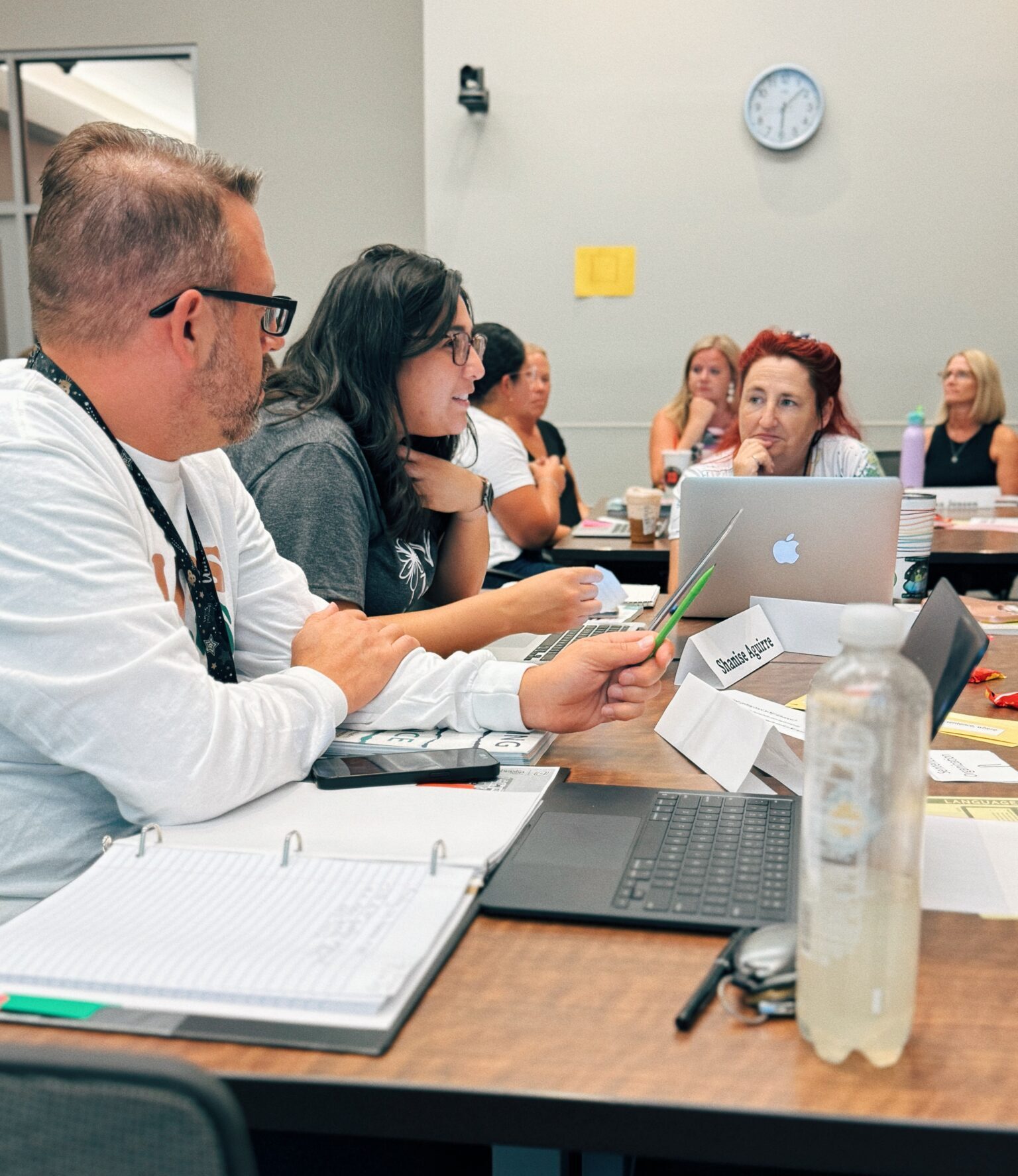
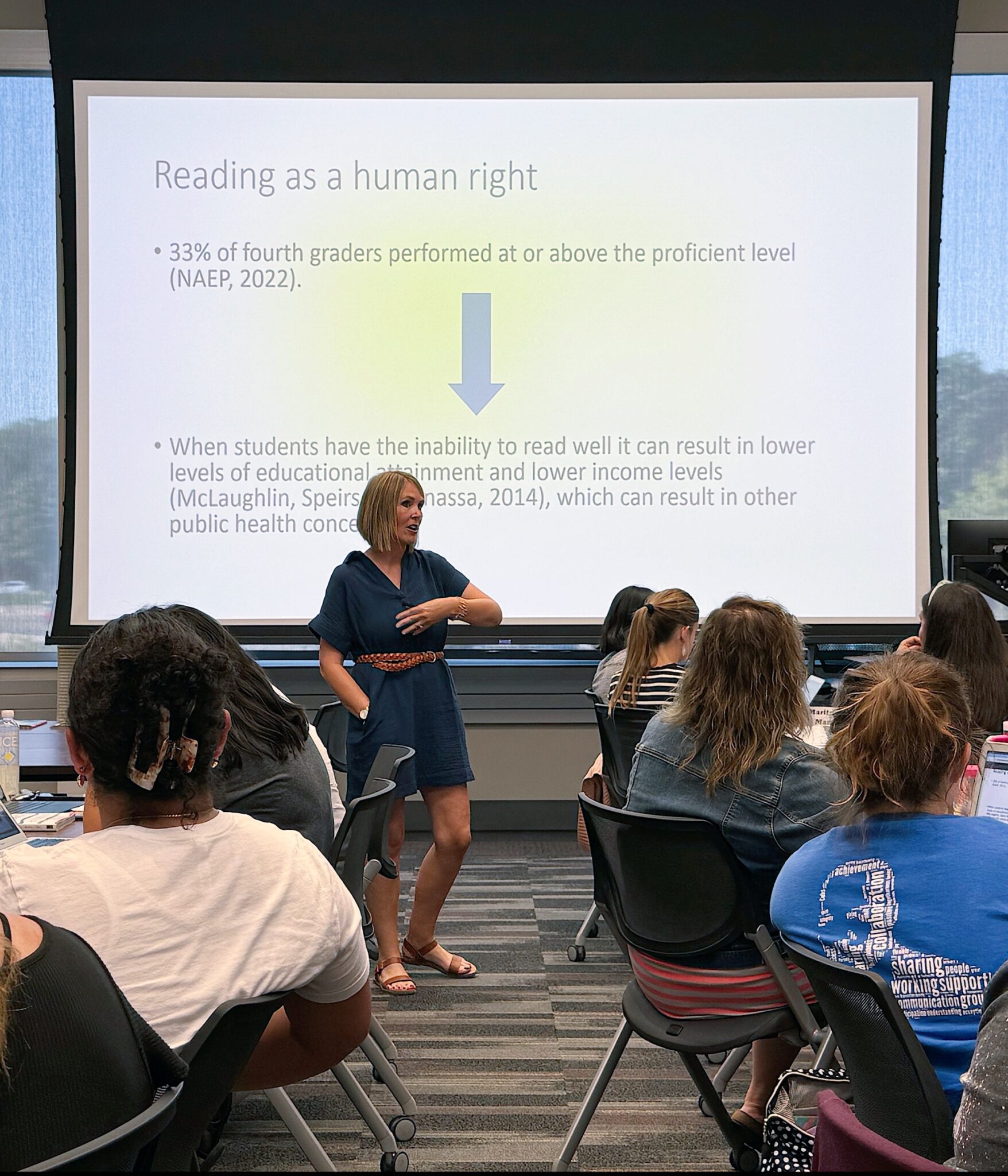

“With a focus on the core components of literacy, participants are identifying concrete strategies to support student learning and practice,” Lemke said. “The workshop helps to build knowledge and skills of evidence-based early literacy instruction and provides resources to support K-3 educators’ planning and instruction.”
It’s important to Lemke that teachers can put what they learn in the workshop to work right away.
“I feel like teachers appreciate the bridge that we’re building between theory and practice and that they can walk away with ideas and strategies that they can implement immediately with kids,” she said.
Lisa Oltman, a K-6 English Language Arts curriculum specialist who’s been with Lincoln Public Schools for 30 years, co-led her cohort with Lemke this spring.
She said recognized a new kind of motivation among the teachers who have completed the program.
“It builds community and energy within your building, so then you can go back to school, and you can talk about it there and think about ‘How are we going to do this?’ she said. “All of that is empowering and motivating. [The teachers] are excited about what they’ve learned. Many of them have said, ‘I’ve told my other colleagues, you have to take this course.’”
“You will not find a more thoughtfully homegrown vision for this than Jennifer and the whole Early Literacy Workshop,” said Kelly Gomez Johnson, Ed.D., teacher education chair and associate professor. “Jennifer’s been a phenomenal steward of literacy and has really been staying on top of all of the best practices. The team is really being intentional so that whether no matter how [the program] scales to Scottsbluff or Plainview, or anywhere in this state, it’s going to be the same quality for all.”
To date, Lemke and her team have instructed 550 teachers and trained 40 facilitators. By next summer, the workshop plans to expand the network to reach full capacity with a goal of 7,000+ K-3 educators trained across Nebraska by 2030.
Oltman said she and other educators appreciate all the effort Lemke and her team have invested into making sure the workshop is effective.
“That’s been a lot of work on their part, in terms of the materials, the resources and the meetings that they have with facilitators,” she said. “Ultimately that’s what’s going to make this program successful across the state is that they’ve thought ahead to develop all those pieces. I can’t say enough about the great work that they’ve done.”
With support from the UNO Early Literacy Workshop, teachers are putting new skills to work in their classrooms — not only to show students the joy of reading a good book but also to demonstrate the long-lasting value of literacy in their lives.
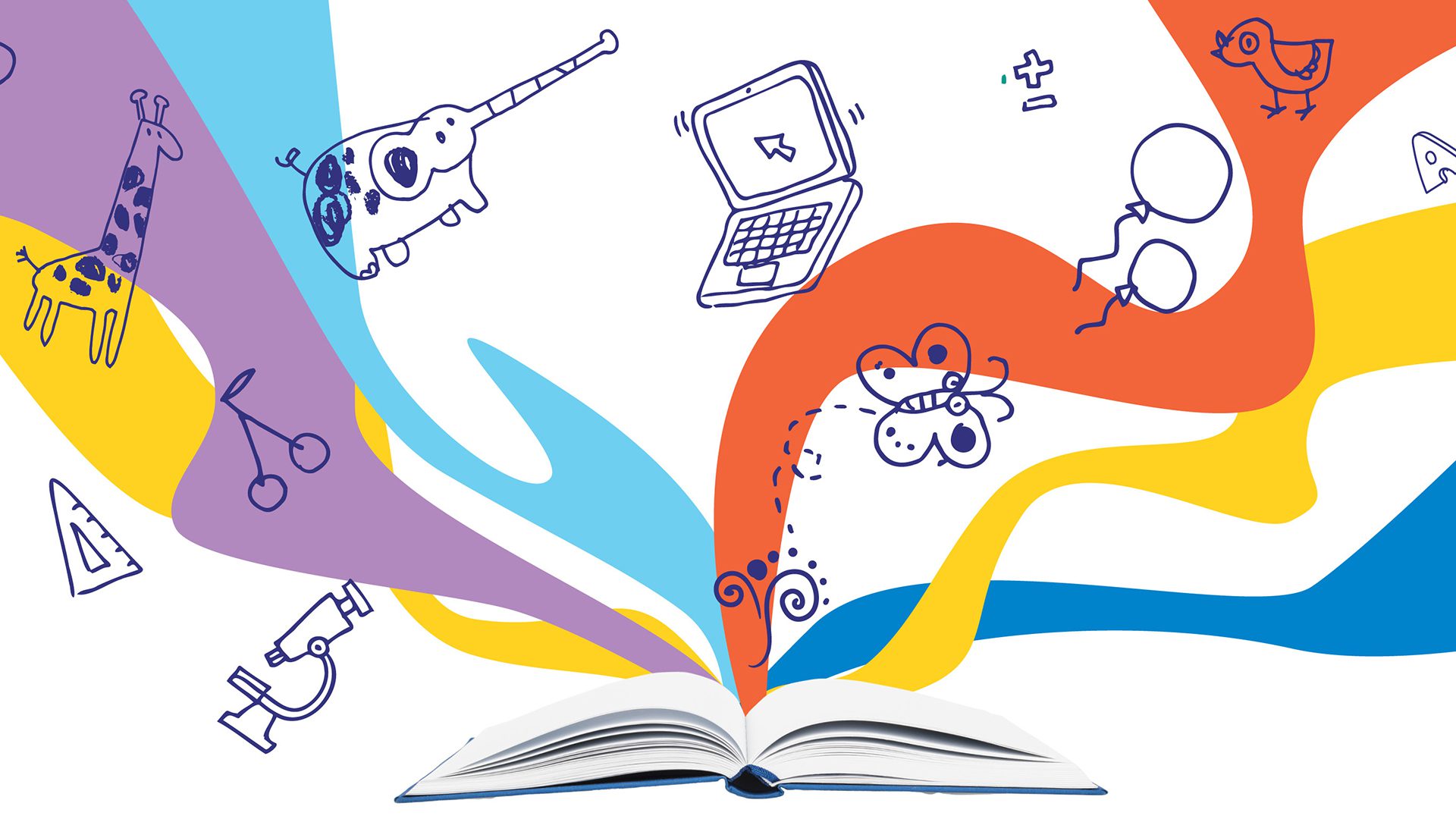
WHAT TEACHERS ARE SAYING
“I feel like I’ve walked away with so many tools and ideas that are going to transform the way I teach, and I can’t wait to integrate these strategies next year!”
“The in-class activities were amazing. Getting to see specific strategies in action completely expanded my tool belt. I loved learning a new strategy that I could take back into my classroom the very next day.”
“I think the most valuable part of this workshop was learning about the science and research behind literacy instruction. It helped to understand why it was so important, in addition
to the strategies and practices that will help to support students.”
“The most valuable part of the workshop was learning the variety of strategies the instructors modeled during our in-class activities. I appreciated seeing practical, hands-on techniques that can be easily implemented in the classroom.”
